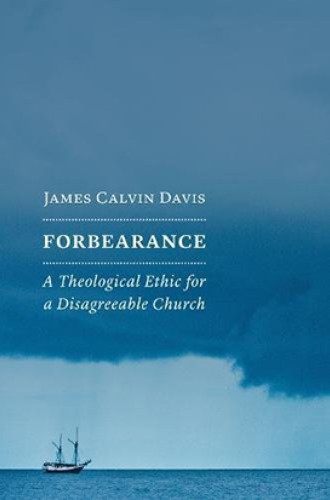Is forbearance amid disagreement a Christian virtue?
We should forebear one another—not to ensure church unity, but because God forebears us.
Putting up with one another during theological disagreements requires the practice of forbearance—an antique sounding word that James Calvin Davis thinks bears dusting off and restoring to its rightful place among the Christian virtues. He combines lucid exploration of the difficulties of forbearance with a passionate plea for the patient practice of it.
Davis obviously loves the church. He flatters his readers by assuming that we share his love and are committed to being the church with one another no matter what. I’m not convinced that Davis’s commitment to the unity and peace of the church is so widespread.
My denomination is locked in an unproductive fight over same-sex marriage and ordination that threatens to unravel our connection. Davis has helped me see how our theological arguments could be more fruitful if all sides began with a pledge “to listen, to attempt to hear, to understand and be patient, to persevere as the church as we argue, forbearing one another, even as Christ forebears us.” But my experience in a feuding church family leads me to believe that one reason church altercations are so divisive is because we love our positions on issues more than we love the body of Christ.





